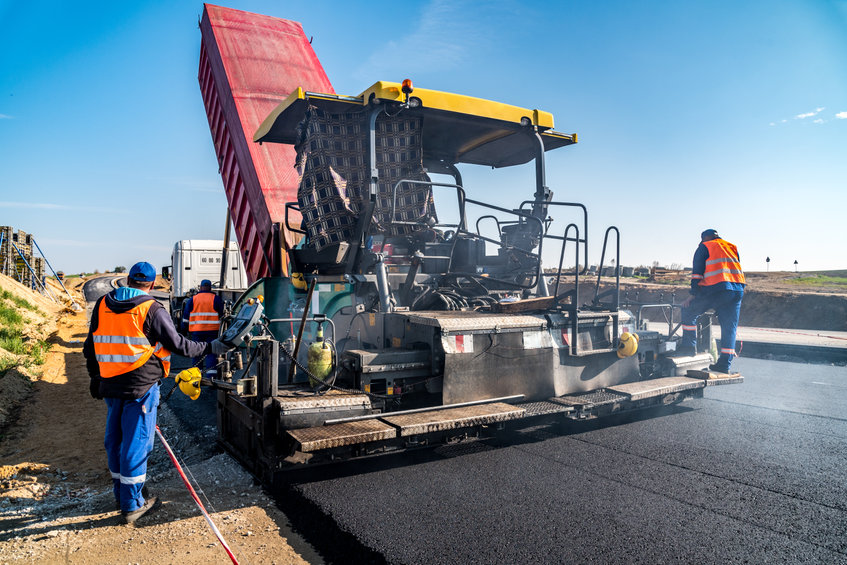
The Iowa Department of Transportation has been experimenting with adding recycled plastic materials to their asphalt pavements. Their hope is that the plastic components will add to the overall durability and lifespan of public roads throughout their state. The project started in 2016 when Construction Material Testing approached the DOT about using NVI NewRoad Bead Technology. They added the recycled plastic beads to about 500 tons of asphalt in different parts of the Des Moines area for their initial testing. Over the past five years, the difference has been noticeable. One of the Iowa DOT’s field technicians said: “From what we’re seeing now, the NewRoad technology is holding up more. It’s got higher stability and is stronger. It has less rutting [and] less cracking than the other asphalt used.” He thinks this could be good news for the state’s taxpayers. The new technology provides a chance to repurpose waste materials in a way that is effective and beneficial to the planet and the construction industry. The Iowa DOT plans to eventually cut out pieces of the plastic-mixture asphalt and compare it against regular asphalt to see how each section is holding up. This assessment will help them determine if the bead technology is advantageous and should be used in more asphalt roads throughout the state.
The idea of plastic roads started in India about 20 years ago when the country installed around 60,000 miles of these roads. According to an article released by the Yale School of the Environment, the technology has grown in popularity in Ghana, where only 23% of the country’s roads are presently paved. The use of waste plastic in roads is expected to be a benefit to the communities throughout Ghana. Recycling plastic in developing nations especially can be tricky and expensive, but with new technologies such as using it in road bases and other projects, it can be manageable. The article states: “using waste plastic in road construction helps to improve substantially the stability, strength, fatigue life … leading to improved longevity and pavement performance.”
The researchers, however, do recognize that it is early in the game for the new method and that time will be the true test of the durability of these pavements. They also need to study the effects of extreme heat on the plastic-combined pavements, which the possibility of more released carbon emissions is a concern. Yale’s article also states that mixing plastics with paving materials may still be a niche technology, but it’s becoming more common around the world. Experts say, “the roads could become one of a diverse array of uses for discarded plastic,” and with the massive amounts of plastic the world produces, it’s crucial to explore options such as this to managing it more sustainably.
Asphalt is recyclable, making it a wise choice for many reasons. We reuse asphalt removed asphalt on other products such as new pavements or shingles. We understand asphalt inside and out and follow the research on new technologies and methods, ensuring we bring Utah the best asphalt for our market.